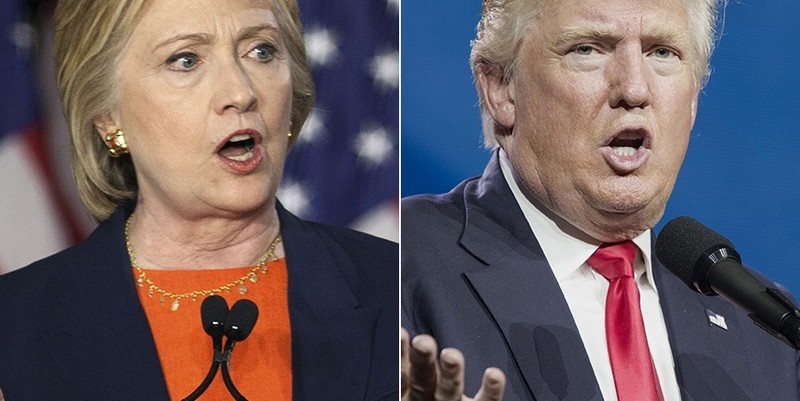Advisers should be talking about the U.S. presidential election with clients to make sure they aren't becoming overly fearful or too paralyzed by the uncertainty to make wise financial decisions.
In the final months leading up to the Nov. 8 vote, clients will hear more about what's wrong with America than they likely will at any other time in four years.
“It's this time of the election cycle when clients begin to say, 'Maybe we should wait and see what happens in November,'” said John Diehl, head of practice management for Hartford Funds. “But that can be damaging, because markets don't wait for election results.”
Advisers need to bring up the issue of the election even if clients don't, because they are most likely wondering about the impact a change in the White House — not to mention Congress — will have on their portfolios and the nation's economy.
In fact, about 80% of wealthy investors said they expect the outcome of the election to directly impact their financial health, a
UBS Wealth Management Americas survey in June showed.
About 57% of affluent investors said they are considering taking action regarding the stock market, the survey of 2,344 found. A quarter said they are thinking about pulling out of U.S. stock markets entirely.
While most clients won't have the extreme reaction of pulling everything out of the markets, paralysis — not taking any financial action until the middle of November, when they otherwise would — is a big risk for some, Mr. Diehl said.
In talks about the election, advisers should not feel like they need to get into the details of each candidate's policies and proposals.
“Keep the discussion at a high level around markets and what drives markets and how markets and election cycles are fairly uncorrelated,” Mr. Diehl said.
Advisory firm Clearpath Capital Partners issued an investment note to clients last month that acknowledged the election uncertainty. It included a colorful graphic showing election years historically have been good for stocks, especially if 2008 is excluded.
“I don't ever recall a national election that has garnered so much attention from clients — really from the public as a whole,” said Brendan Connaughton, partner and chief investment officer at Clearpath. “The people involved are very polarized and opinion-inducing.”
(More: Investing in the most hated bull market: When your clients say they can't stomach stocks)
The note to clients was an attempt to look at the fundamentals and get away from the noise “of a Twitter-based news cycle,” he said.
The piece fails to even mention Democratic presidential candidate Hillary Clinton or Republican Donald Trump by name, and Clearpath advisers go out of their way to be light on the politics.
“We try to be as balanced as possible because politics are a very emotional thing,” he said.
Financial adviser Blair duQuesnay, principal and chief investment officer at ThirtyNorth Investments, said she also tries to stick to the facts about both parties.
“The party of choice for anyone is going to go in and out of power; that's just a reality of life,” she said. “I explain the stock markets perform no matter who's in office.”
Mr. Diehl recommended advisers keep the conversation fun, possibly shooting some trivia clients' way.
(More: 10 sectors to watch when Hillary Clinton or Donald Trump become president )
For instance, under whose presidency since John F. Kennedy did the U.S. stock markets perform best?
The answer is President Gerald Ford, and people rarely recall specific policies of that administration, Mr. Diehl said.
“When you think about the possibility of one man, or woman, being so influential that they could turn a market cycle in any direction, it seems like a stretch,” he said. “Talk about what drives markets: innovation, earnings and profitability.”







